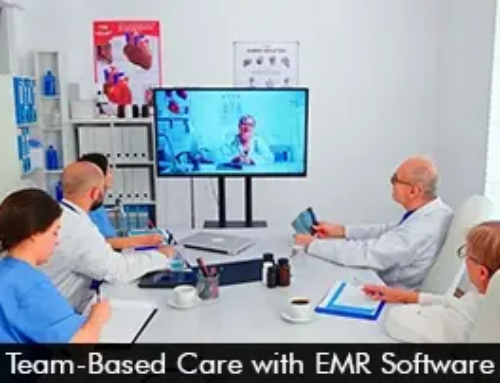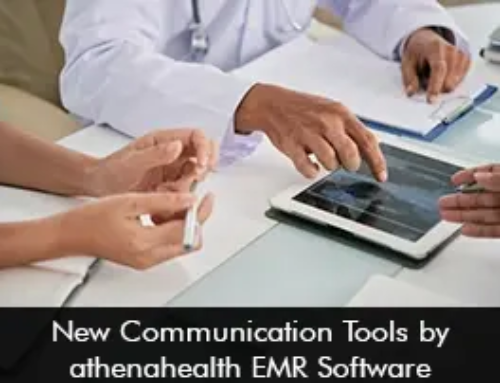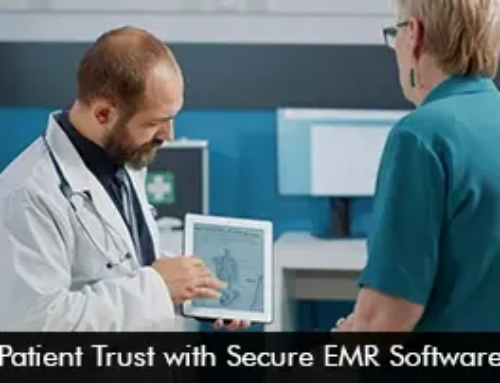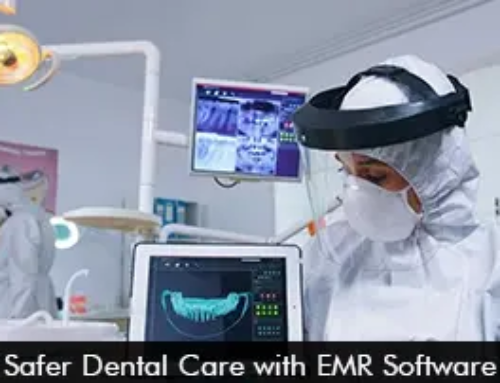Physician satisfaction is important regarding the usage of healthcare technology solutions such as the Electronic Medical Records (EMR) Software system. According to a KLAS Arch Collaborative report providers have revealed that when they receive specialty-specific EHR training they are almost 25 times more likely to experience clinician satisfaction with EMR software functionality.
Researchers used the software vendor-specific specialty data for Epic Systems and Cerner electronic health records software as other vendors in the Arch Collaborative don’t have a big representation.
Improving the EMR Software experience
Evaluating how specialties scored in contrast to other end users of the same EHR software reflects that provider satisfaction depends more on the specialty than on which software system the user uses for clinical and administrative tasks. This vital information at hand can help healthcare organizations determine which specialties need more attention to enhance the electronic medical records experience.
Medical specialties like cardiology and orthopedics had the lowest scores as compared to peers using the same software system. Irrespective of the vendor’s net EHR software experience score, the main areas of hindrance for these specialties include functionality, the ability to offer high-quality care, and the vendor’s delivery of a good-quality platform.
Importance of specialty-specific workflow training
Sufficient specialty-specific EMR software training is the key factor to enhance EHR user satisfaction scores. Software usage challenges can be easily overcome when healthcare organizations offer training opportunities to their providers as they can be in a confident position to develop mastery of EHR functionality and even maximize its benefits.
Certain standards are implemented to ensure that physicians across health systems receive high-quality software training and a minimum of four hours of EHR training to drive user satisfaction.
Organizations must invest in Electronic Medical Records (EMR) software training to ease EHR usability, this can also reduce the chances of clinician burnout in the future, helping providers deliver quality patient care consistently. Specialty workflow training can lead to greater satisfaction with electronic health records functionality. It’s a combined effort from the organization and the vendor to help all providers find accomplishment with the software technology this can be done by ensuring that initial and ongoing education and training are tailored to meet the needs of different specialties.








